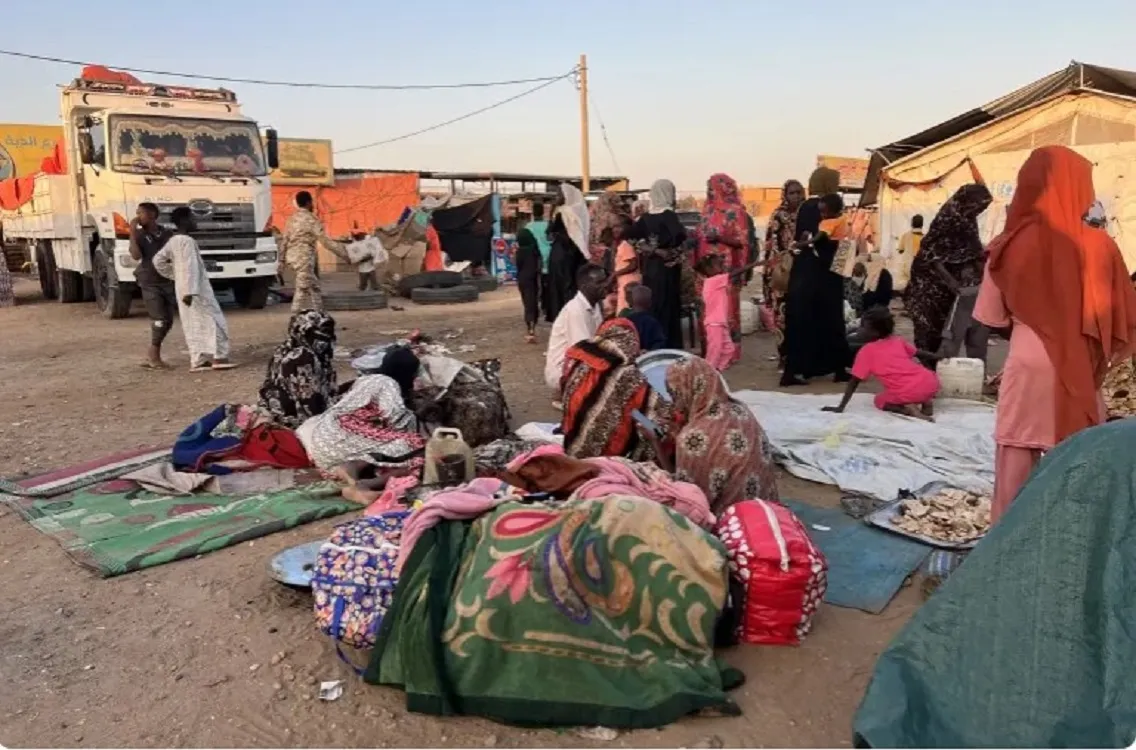


Sudan's Security and Defence Council, which is aligned with the national army, is scheduled to meet today (Tuesday) to consider a US-backed truce proposal.
This critical meeting comes just over a week after the Rapid Support Forces (RSF) paramilitaries seized the key city of El-Fasher, the army's final stronghold in the Darfur region.
The capture of El-Fasher has intensified fears of Sudan's potential partition along an east-west axis, with the RSF now dominating Darfur and preparing for a potential assault on the central Kordofan region.
In the wake of the offensive, disturbing reports of mass killings, sexual violence, attacks on aid workers, looting, and abductions have surfaced. The International Criminal Court (ICC) on Monday voiced "profound alarm" over these reports, warning that such acts "may constitute war crimes and crimes against humanity."
The truce proposal being discussed by the army-backed council is part of months of sustained diplomatic efforts by the Quad group (United States, Egypt, United Arab Emirates, and Saudi Arabia).
In September, the Quad proposed a three-month humanitarian truce, a permanent ceasefire, and a subsequent nine-month transition to civilian rule, a plan the Sudanese government immediately rejected.
Massad Boulos, the US president's senior advisor for Africa, held talks in Cairo with Egyptian Foreign Minister Badr Abdelatty on Sunday, where the importance of reaching a humanitarian truce and political process was stressed. Boulos also briefed Arab League chief Ahmed Aboul-Gheit on the latest US efforts to "halt the war, expedite aid delivery and initiate a political process."
Despite repeated international appeals, the warring sides have so far ignored calls for a ceasefire. Both the army and the RSF are accused of committing atrocities, with the UAE reportedly supplying arms to the RSF and the Sudanese army receiving support from Egypt, Saudi Arabia, Turkey, and Iran.
Comment